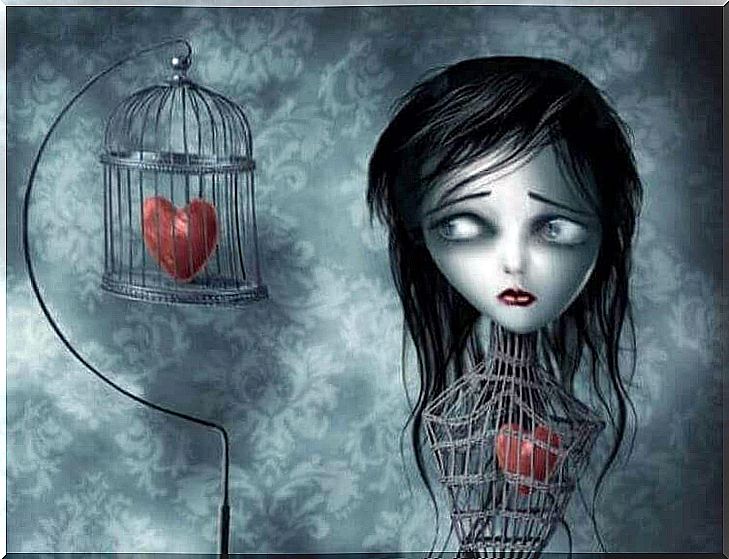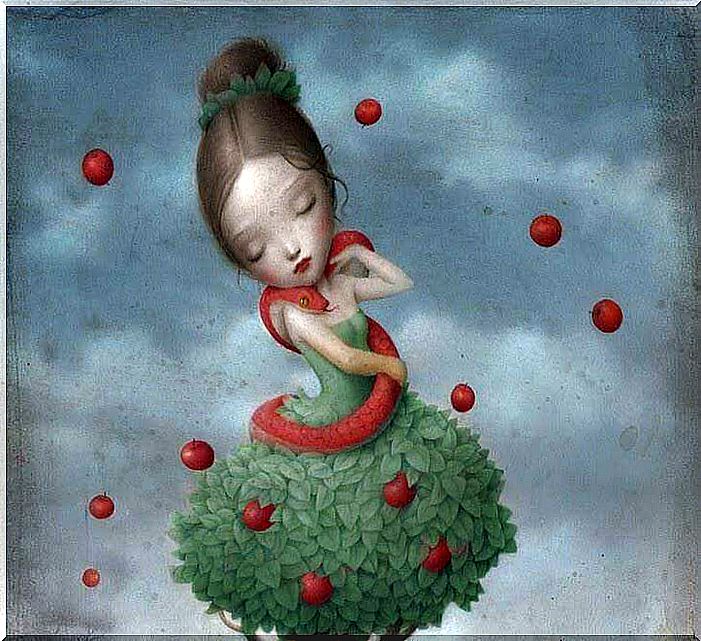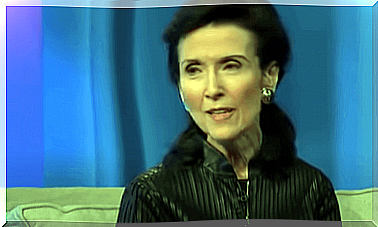Unconscious Narcissism In Parent-child Relationships

Narcissism, understood as love for oneself and the search for satisfaction that comes from admiration, is present in parental relationships. Parents project upon their children a tremendous impulse to live and love ; however, this impulse is often influenced by their wishes, to a greater or lesser extent, staining the relationship with non-egocentric, but rather unconscious or expectant narcissism.
Literature and theory have looked at how the relationships between parents and their children affect the latter. It is therefore difficult to find in the literature clear references to narcissism in parental relationships, understood as seeing the other as proper or, what amounts to the same thing, looking at the characteristics of the child as proper. .
The first traces of interest in this phenomenon are to be found in Freud, who theorized the existence of the tendency to attribute to the child all the perfections (it should be noted that he was concerned here only with the way in which the parents shaped relationships with their children). This can be felt from the start of parental relationships when the baby becomes the king of the house.

Thus, the phenomenon of “the baby king” is formed as a means of renewing with children the privileges that parents imagine they had as children and that they had to give up. We observe that parents shower their children with privileges and considerations, deifying their qualities and then demanding that their development conform to their model.
In other words, many parents end up projecting “their ideal selves” onto their children, offering them and themselves a “ perfected and perfectionist” version of what they think they have been or wanted to be.
We can understand that an ideal self is designed for our own children, making them responsible for healing the frustrations and deeper ambitions of the parental ego.
This is why we speak of unconscious narcissism, since, speaking of projection, it would be more a question of a love for themselves, for what they believe to have been or what they would like to be, doubling in some way. sort that relationship.

How is it built?
Clinical experience leads professionals working in the field of parent-child relations to delve into the unconscious narcissism that reigns there. In response to this, the psychoanalyst Juan Manzano speaks of four essential elements constituting this unconscious parental narcissism:
1. Parents’ projection on the child
Parents’ projection of their own infantile aspects, experienced as abandoned or deficient. The father or mother making this projection does not want their son / daughter to lack what they themselves wanted and want; they also see in their children the perfect representation of their ideal self. It is possible that this projection is to a large extent unconscious or that at least no explicit reflection is made about it.
2. Additional identification of parents
The father or mother will view his son as a part of himself / herself or of their internal objects, to a greater or lesser extent . In other words, the parent identifies himself in such a way that the sense of possession is heightened, thus hampering the child’s self-construction.

3. Specific purpose
As we mentioned earlier, the goal of this complementary projection and identification is the achievement of satisfaction of a narcissistic nature. However, other goals such as denial of a loss may add to the achievement of the desired profile.
4. A chosen relational dynamic
The interaction is based on previously assigned roles, so that it will exceed the imagination and shape the development of relational dynamics with other people and with oneself. This creates a fictitious profile that eventually becomes a reality.
In pathological cases, children can react in different ways. They sometimes fulfill the roles assigned to them, generating unrest in the future, which will cause the minor to rebel later as he feels abandoned. This feeling of abandonment is determined by the simple reason that the relationship between him and the parent does not exist, or almost does not exist, since he already feels that his desires are not specific, that they are imposed by parental expectations.
NOTE: The content of this article has been taken from what was exposed in The Narcissistic Scenarios of Parenthood by Juan Manzano.










